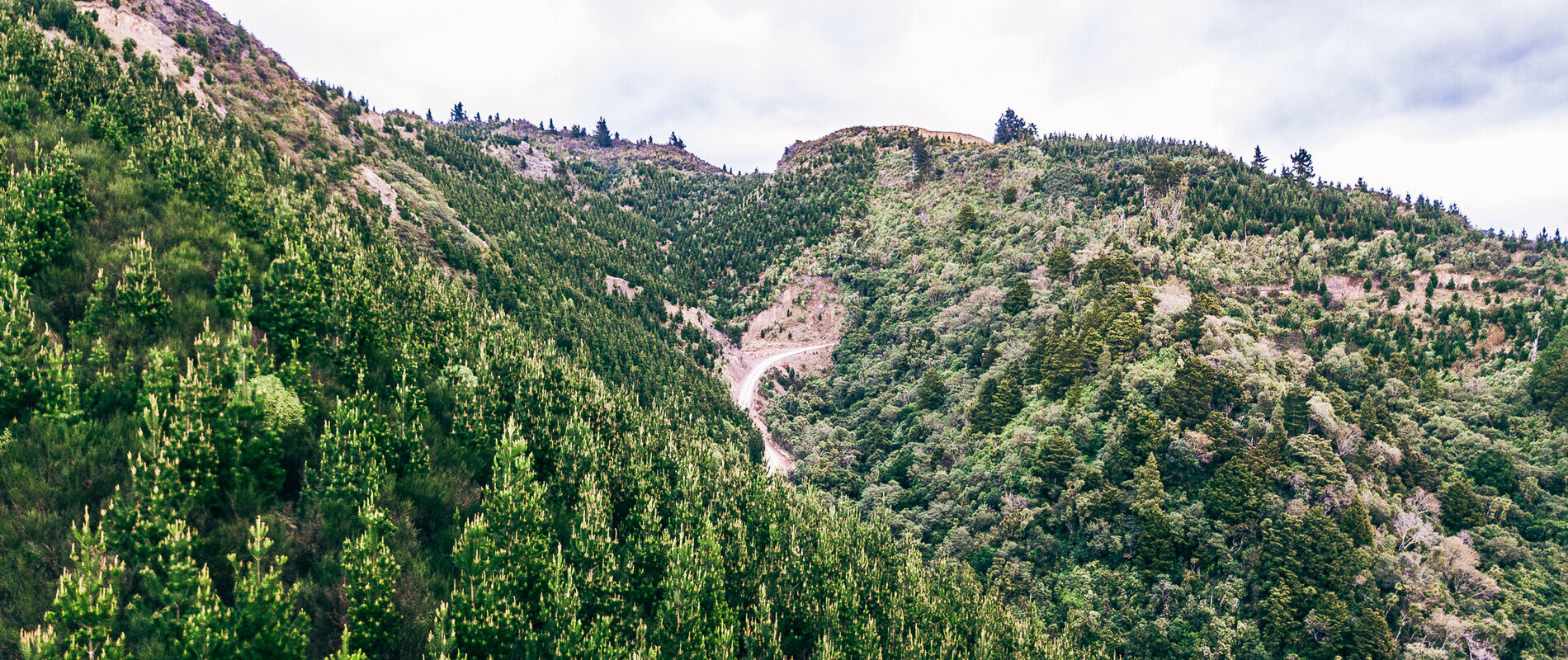Forestry jobs are almost certain to be lost after Cyclone Gabrielle smashed a swathe through Tairāwhiti, Hawkes Bay, Coromandel and Northland regions – almost 30 per cent of the country’s forestry plantation.
According to Forest Industry Contractors Association chief Prue Younger, who lives in Napier, while it’s too early to assess the full extent of the damage to the sector, there will be job losses.
“Some contractors will have lost their livelihoods this week,” she said.
“Many are already under immense financial pressure after a few very tough years since the pandemic started
She said some forestry crews in Gisborne had been off work since the pre-Christmas shutdown on December 16.
“Then Cyclone Hale hit on January 10, followed by no access for trucks across broken roads, meaning lost income for two straight months. Now with Gabrielle, who knows what lies ahead,” Younger said.
“There is no certainty when roads will re-open, with land stability of forestry sites and expensive gear inaccessible, lost revenue and port access and operation all compounding the issue. In Hawkes Bay the Pan-Pac mill is non-operational and the outlook isn’t good. That will have a massive impact.”
Forestry Owners Association president Grant Dodson also said it was too early to put a cost to the devestation, but that “forestry has been heavily impacted across the area of the cyclone”.
He said processing plants were closed, and that issues around road access would impact “hundreds it not thousands of forestry workers”.
Dr Tim Payn, principal scientist at Scion, also said it was far too early to suggest loss figures for the sector, and that a number of issues would need to be considered including the impact of the cyclone on the forests themselves, downstream impacts and potential for forestry to stump up recovery costs.
Forestry Owners Association president Grant Dodson said road access issues alone would impact hundreds, if not thousands of forestry workers.
He said there would also be a likely impact of “changing the forest management regimes to minimise slash risk”.
Payn said both Cyclone Hale and Cyclone Gabrielle have “rekindled important discussions about forestry practices and the impact that forestry slash and storm debris is having in regions hardest hit by adverse weather events”.
He said Scion was working with the sector on the Resilient Forests Research programme, started in 2019, which aimed to secure “long term economic, environmental and social sustainability of forestry”.
“With industry, we are carrying out research trials to identify forest management practices that aim to future-proof the productivity of forests whilst recognising the need to apply bespoke systems in regions that are most likely to require highly site-specific solutions to meet the needs of both regional communities and the forest industry,” he said.
“Three-and-a-half years into the programme, research is highlighting where system changes could be applied. This includes optimisation to increase productivity of plantations where it is sustainable – an approach that will support the industry to diversify or move away from forestry in more climate-affected regions.
“Through surveys of industry stakeholders, we are also building a better understanding of the factors that motivate forest growers to adapt and make changes to forestry practices.”
Belinda Storey, Climate Sigma managing director and Manager of the Whakahura: Extreme Events and the Emergence of Climate Change Programme, also believes “difficult questions” need to be asked about the future of forestry in Tairāwhiti.
“The region has some of the most erodible soils in the world, it’s exposed to extreme events, and is in the direct firing line of climate changes to these extreme events,” she said.
“The long term response in these locations is likely to be permanent native forestry. I recognise that forestry is a significant employer in the region. So if we move to permanent native forests, we need to think about what a just transition for those communities would be.”
This article appeared in Stuff. CLICK HERE




